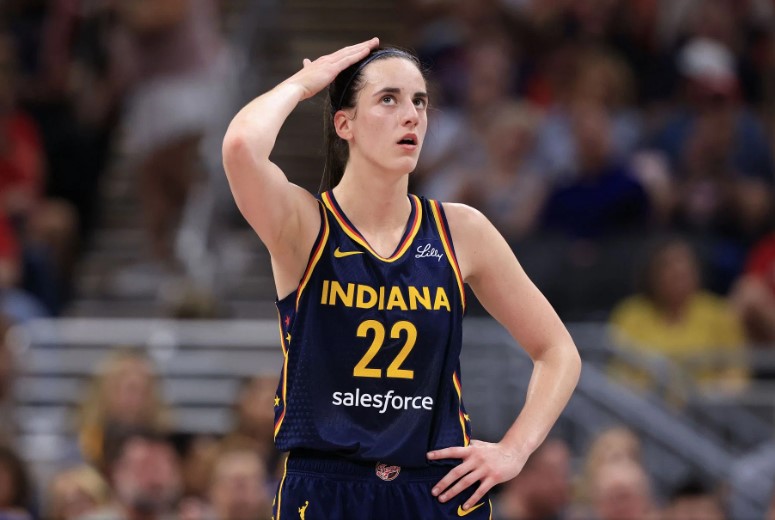
In a recent discussion, WNBA Atlanta Dream co-owner Renee Montgomery made headlines by expressing concerns over the growing presence of Caitlin Clark fans in the WNBA. Her remarks, while highlighting valid points, have sparked debates about the fine line between passionate fandom and toxic behavior in sports culture.
The Core of the Controversy
Montgomery’s comments suggest that Caitlin Clark’s immense popularity has inadvertently drawn unwanted elements into the WNBA fanbase, such as trolls and disruptive individuals. She believes these behaviors don’t reflect the spirit of the league. However, the analysis of the situation reveals that this issue might be more nuanced than it initially seems.
An online commentator dissected the problem, pointing out that the growth in Caitlin Clark’s fanbase has also led to an increase in negative behavior from a small fraction of fans. The commentator emphasized that, hypothetically, with 1 million new Clark fans, there could be a few hundred trolls or even more dangerous elements like stalkers. These individuals may stir up trouble both online and in real life, causing disruption that outpaces their relatively small numbers.
Despite the overall increase in positive engagement from new fans, the negative actions of these few have become highly visible, especially on social platforms like Elon Musk’s Twitter. These trolls have made headlines for harassing athletes, sending inappropriate content, and contributing to a toxic environment surrounding women’s basketball.
The Debate: Gatekeeping vs Inclusivity
Montgomery’s statement—”this is our league”—was seen by some as an attempt to gatekeep the WNBA by separating the “true” fans from the newcomers. Critics argue that gatekeeping women’s sports is counterproductive, especially when players like Caitlin Clark have brought a new level of visibility to the WNBA, attracting men, women, and children alike.
Clark’s unique playstyle, often compared to that of NBA stars like LaMelo Ball and Stephen Curry, has made her a bridge between traditional NBA and WNBA fans. Her performance appeals to a wide audience, breaking down the barriers between the two leagues and bringing in viewers who may not have otherwise engaged with women’s basketball.
This inclusive effect has been crucial for the WNBA’s growth, and some argue that Montgomery’s comments could inadvertently push away these new fans who are essential for the league’s continued expansion. By focusing too much on the negative behaviors of a small minority, there is a risk of alienating the larger, more positive portion of Clark’s fanbase.
Trolls vs True Fans
A major point of contention is the conflation of trolls with genuine fans. The online commentator noted that the loud, toxic voices of trolls often drown out the majority of well-meaning supporters. They pointed to examples of Caitlin Clark receiving death threats in her social media comment sections, showing that the toxic behavior goes both ways. These aren’t the actions of true fans but rather internet trolls looking for an easy target, be it Clark, Angel Reese, or any other prominent figure in the sport.
The commentator criticized Montgomery’s failure to clearly differentiate between true fans and trolls. By not making this distinction, Montgomery’s remarks could encourage a cycle of “revenge hate,” where the negativity directed at Clark fans could be turned back onto her or other players in the league. This kind of escalation only amplifies the harmful behavior that both players and fans are trying to combat.





